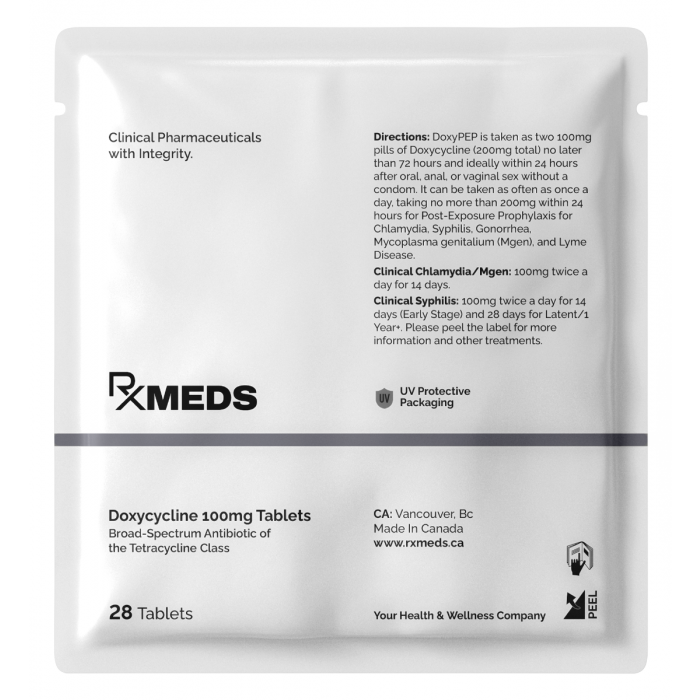 |
|
5 Customer Review
I’m thrilled with the results of this product! My Metformin arrived incredibly fast, the discreet packaging was perfect!
Checkout using your account
Checkout as a new customer
Creating an account has many benefits:

In stock
Ehrlichiosis is a tick-borne infectious disease that can lead to severe health complications if untreated. It is primarily caused by bacteria in the Ehrlichia genus and affects white blood cells, leading to symptoms like fever, chills, headaches, muscle pain, nausea, and, in severe cases, respiratory failure and other systemic complications. Ehrlichiosis manifests in different forms based on the affected white blood cell type, including Human Monocytic Ehrlichiosis (HME) and Human Granulocytic Anaplasmosis (HGA). The disease is transmitted by tick bites, predominantly from ticks that carry the bacterium in endemic areas, including certain parts of North America.
The primary treatment for ehrlichiosis is the antibiotic doxycycline, which has shown high efficacy in clearing the infection and preventing complications. It’s generally recommended to start treatment as soon as ehrlichiosis is suspected, even before confirming diagnosis, due to the rapid progression of the disease. Other tetracycline antibiotics, such as tetracycline, Vibramycin, Doxy 100, Doryx, Monodox, Oraxyl, and Doryx MPC, may also be effective alternatives, especially when tailored to the patient’s specific needs.
Antibiotics for ehrlichiosis are available by prescription only and are classified under Category D for pregnancy, indicating positive evidence of fetal risk; however, the benefits may justify their use in pregnant patients. These medications are not controlled substances and have no noted potential for abuse. It’s critical to consult a healthcare provider for appropriate treatment and follow-up, as well as for managing any side effects or specific health considerations, such as drug interactions or pregnancy.
Patients are advised to use protective measures against tick bites in endemic regions to prevent ehrlichiosis, as there is currently no vaccine for this disease. Prompt antibiotic treatment upon suspicion of ehrlichiosis is key to recovery and reduces the risk of severe complications, especially in high-risk groups such as older adults and immunocompromised individuals.
The recommended dosage of doxycycline for treating ehrlichiosis in adults and children weighing more than 45 kg is typically:
In many cases, a full two-week course is recommended to ensure the infection is fully eradicated, although shorter courses may be sufficient in cases of mild infection. It’s important to consult with a healthcare provider for a personalized dosage, as certain factors like patient weight, age, and disease severity can influence the duration and amount of the antibiotic required.